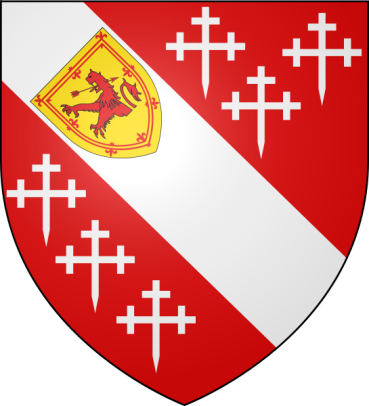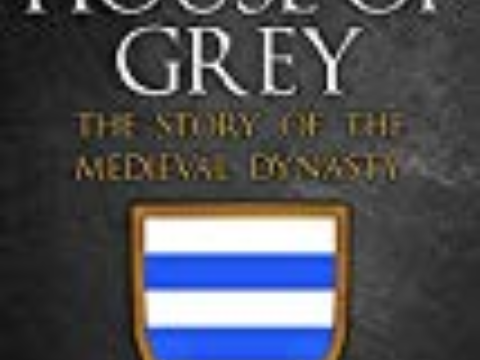Howard Family
Sola Virtus Invicta (Only Virtue Unconquered)
Chapter 1: Origins
The Howards are often portrayed in fiction, and sometimes even in non-fiction, as an ancient family, more royal than the Tudors themselves. In fact, this is a really a rather exaggerated view of their pedigree. Although, like almost every gentry family in England, they could trace their ancestry back to younger sons and illegitimate off-spring of kings, they were, until the 1450s, no more than a solid gentry family from Norfolk, not so different from their neighbours, the Pastons. The Howards however, got a head start in climbing the ranks through judicious marriage.

Sir Robert Howard (1385 – 1436) of Tendring, married Margaret de Mowbray (1388 – 1459), a descendant of Thomas de Brotherton, Edward I's son by his second marriage.De Brotherton, who was on very good term with his half-brother, Edward II, was granted the Earldom of Norfolk. The creation was unusual in that it was heritable in the female line and eventually a claim to the title devolved through Margaret de Mowbray to her son, Sir John Howard (c. 1425 – 1485).
Sir John, a prosperous Norfolk gentleman, had, in his youth, had a number of run-ins with the de La Pole Dukes of Suffolk, strong adherents of the House of Lancaster. Whether this animosity was at the root of Howard's support of York, or whether his support of York created the argument is not certain, but Howard became one of the most prominent supporters of Edward IV, and even more, of Richard III, whose man he had been when Richard was Duke of Gloucester. Sir John married Katherine Moleyns, by whom he had six children, and then Margaret Chedworth, by whom he had a further daughter.
Sir John's loyalty to Richard III was rewarded by having the dispute over the inheritance of the Earldom of Norfolk resolved in his favour. The previous holder of the title was Anne Mowbray, child bride of Richard Duke of York (one of the Princes in the Tower). On securing this heiress for his second son, Edward IV had passed an act of Parliament, granting his son the title of Duke of Norfolk, and giving him an interest in his wife's lands, even if they had no children, which was contrary to custom.
Anne Mowbray died young and half of her inheritance was already being granted to Howard, by Richard III, during the summer of 1483, which might lead a suspicious mind to think that Richard knew more than he was saying about the fate of the young prince…
Howard, from 28 th June 1483, Duke of Norfolk, continued in his loyalty to Richard III and followed him to Bosworth. All was not well in the camp however, and it was on Sir John's tent that, according the Chronicler, Edward Hall, were pinned the words:
"Jack of Norfolk, be not too bold, for Dickon thy Master is bought and sold".
Whether he paid any heed to the warning is unknown, what is known, is that he was killed.His son, Thomas Howard, Earl of Surrey (c. 1444 – 1524) was with him, and severely wounded, saved onlyby the chivalry of his opponent, Sir Gilbert Talbot, who refused Surrey's plea to dispatch him there and then and had him carried from the field.
